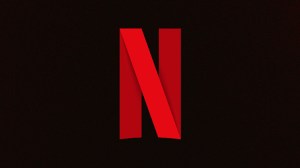The company behind Cards Against Humanity is considering a potential sale, according to a new report. Bloomberg is reporting that the Chicago-based Cards Against Humanity, LLC, which created and produces the popular party card game, has hired an advisor after receiving potential takeover interest. The advising firm, Moelis & Co., is known for providing strategic advice regarding potential sales and has worked with major clients such as Anheuser-Busch, Yahoo, and Hilton Hotels regarding potential purchases and sales. According to Bloomberg, Cards Against Humanity, LLC is seeking a company valuation of $500 million if purchased by another company. The report did not specify the potential buyer of the card game, which can be found in game stores and major retailers like Target and Barnes & Noble’s. Per Bloomberg, Cards Against Humanity has an EBITDA (earnings before interest, taxes, depreciation and amortization) of between $40 million and $50 million a year.
Videos by ComicBook.com
Cards Against Humanity launched in 2010 with a small Kickstarter and quickly grew into one of the biggest tabletop games in modern times. The game is billed as a “party game for horrible people” and involves playing cards (usually with questionable topics or nouns) to fill in equally questionable topics. The game heavily leans into irrelevance and a penchant for using taboo topics on cards that elicit both chuckles and grimaces. The company has built up its brand with a variety of different gimmicks and marketing stunts, including unusual Black Friday sales designed to highlight the pointlessness of consumerism to building a large catapult to protest US border policy.
While Cards Against Humanity has skyrocketed in popularity over the last decade, the company behind it has also drawn some intense criticism. One of the company’s founders, Max Temkin, stepped down last year after reports of a toxic work culture emerge. Temkin still maintains his ownership in the company, but is no longer involved with the company’s management. The company also sold off its board game cafe in Chicago last year in the midst of the pandemic just a few months after opening it.








